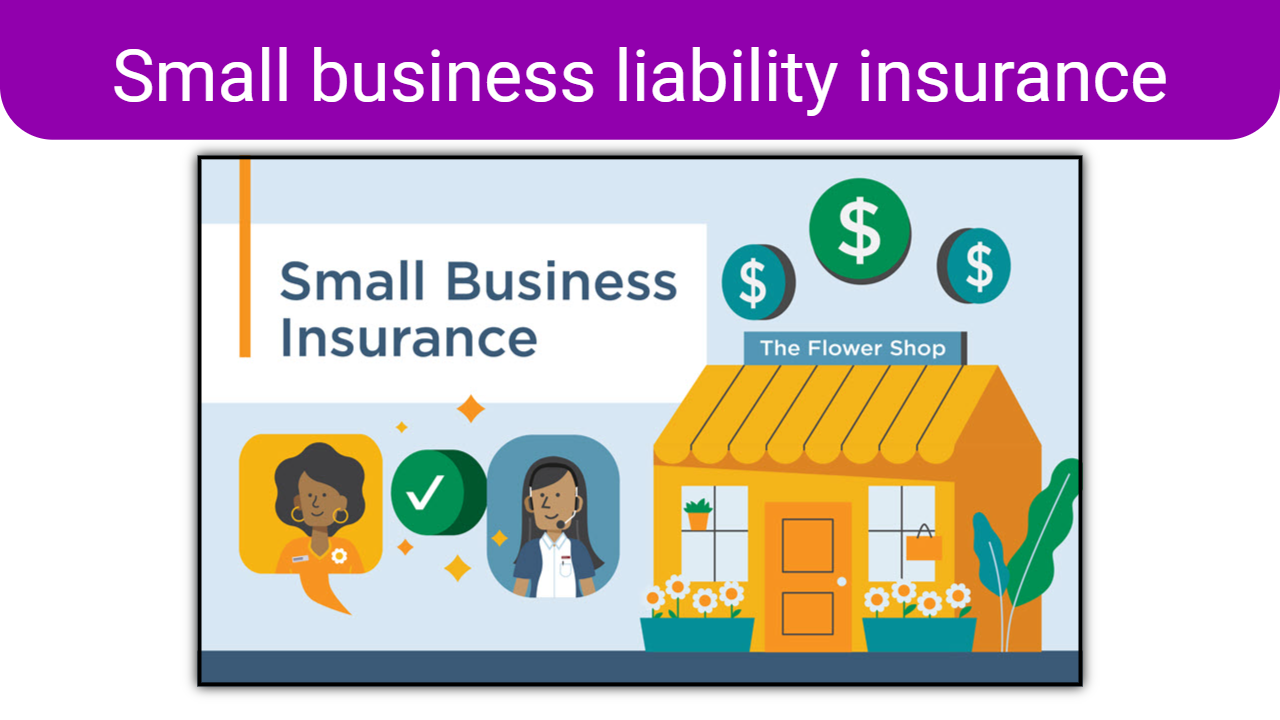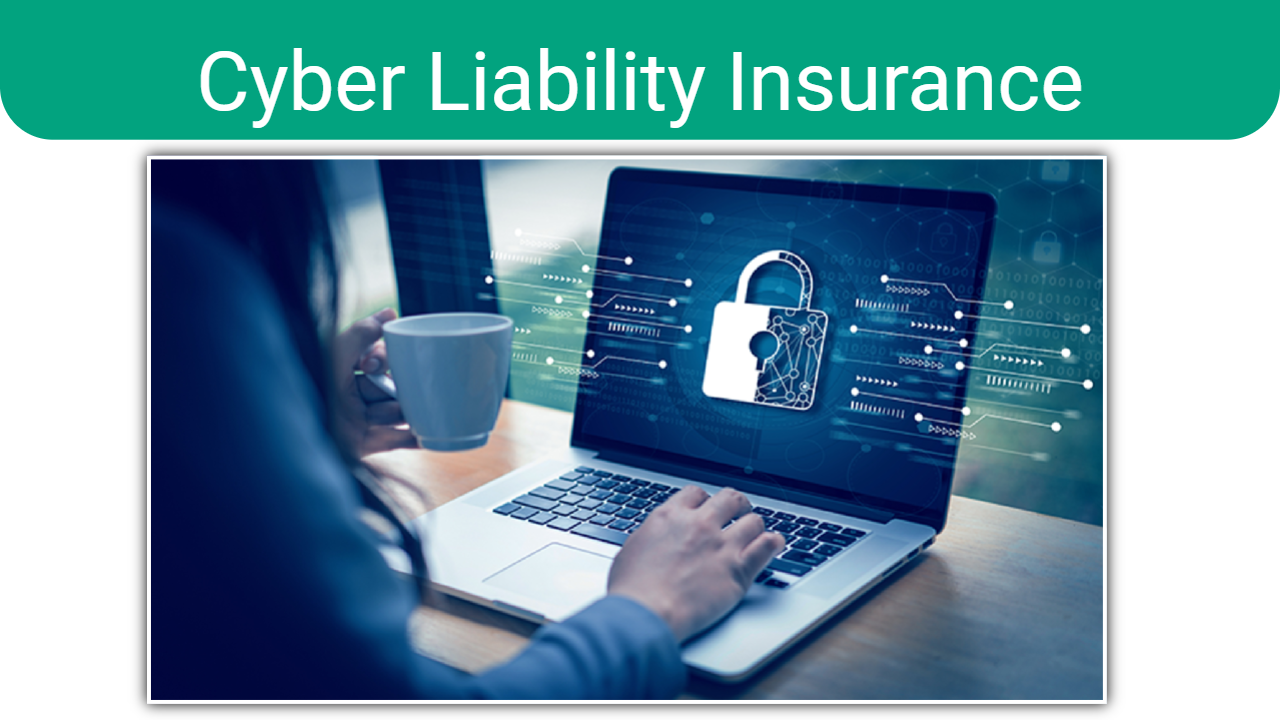Running a small business involves taking risks, and one of the most important steps to mitigate these risks is securing liability insurance. Small business liability insurance protects business owners from financial losses resulting from claims of injury, property damage, and other liabilities. This article explores the different types of liability insurance available for small businesses, their benefits, and tips for choosing the right coverage to safeguard your enterprise.

Types of Small Business Liability Insurance
1. General Liability Insurance
General liability insurance is the most fundamental type of liability coverage for small businesses. It protects against claims of bodily injury, property damage, and personal injury (such as libel or slander) that occur on your business premises or as a result of your business operations.
Key Coverage Areas:
- Bodily Injury: Covers medical expenses and legal fees if a customer or third party is injured on your premises.
- Property Damage: Pays for damages to a third party’s property caused by your business activities.
- Personal and Advertising Injury: Protects against claims of libel, slander, copyright infringement, and false advertising.
2. Professional Liability Insurance
Also known as Errors and Omissions (E&O) insurance, professional liability insurance is crucial for businesses that provide professional services or advice. This coverage protects against claims of negligence, errors, or omissions that result in financial loss for a client.
Key Coverage Areas:
- Negligence: Covers claims of professional negligence or failure to perform professional duties.
- Errors and Omissions: Protects against mistakes or oversights in the services provided.
- Legal Defense Costs: Covers legal fees and settlement costs associated with defending against a claim.
3. Product Liability Insurance
Product liability insurance is essential for businesses that manufacture, distribute, or sell products. This coverage protects against claims of injury or property damage caused by defective products.
Key Coverage Areas:
- Manufacturing Defects: Covers claims arising from errors in the manufacturing process.
- Design Defects: Protects against claims related to flawed product designs.
- Failure to Warn: Covers claims due to inadequate instructions or warnings on product usage.
4. Cyber Liability Insurance

In the digital age, cyber liability insurance has become increasingly important for businesses that handle sensitive customer data. This coverage protects against data breaches, cyberattacks, and other cyber risks.
Key Coverage Areas:
- Data Breach Response: Covers costs associated with responding to a data breach, including notification and credit monitoring for affected customers.
- Cyber Extortion: Protects against ransomware attacks and cyber extortion demands.
- Legal and Regulatory Costs: Covers legal fees and regulatory fines related to a data breach or cyber incident.
5. Employment Practices Liability Insurance (EPLI)
Employment Practices Liability Insurance (EPLI) protects businesses from claims made by employees regarding employment practices. This includes claims of discrimination, wrongful termination, harassment, and other employment-related issues.
Key Coverage Areas:
- Discrimination: Covers claims of discrimination based on race, gender, age, or other protected characteristics.
- Wrongful Termination: Protects against claims of unjust termination or demotion.
- Harassment: Covers claims of workplace harassment, including sexual harassment.
Homeowners Insurance for High-Risk Areas: What You Need to Know
Best Life Insurance Policies for Families: Securing Your Loved Ones’ Future
Benefits of Small Business Liability Insurance
1. Financial Protection
Liability insurance provides financial protection against costly lawsuits and claims. It covers legal fees, settlement costs, and damages, helping businesses avoid significant financial strain.
2. Risk Management
Having liability insurance is an essential part of risk management. It allows businesses to operate with confidence, knowing they are protected against potential liabilities that could arise from their operations or services.
3. Credibility and Trust
Having liability insurance enhances your business’s credibility and trustworthiness. Clients and customers are more likely to trust a business that is insured, knowing that they will be compensated in the event of an incident.
4. Legal Compliance
Certain types of liability insurance, such as workers’ compensation, are required by law in many states. Having the appropriate insurance coverage ensures that your business complies with legal requirements and avoids potential fines and penalties.
5. Peace of Mind
Knowing that your business is protected against unexpected claims and lawsuits provides peace of mind. This allows you to focus on running and growing your business without constantly worrying about potential liabilities.
Tips for Choosing the Right Small Business Liability Insurance
1. Assess Your Risks
Identify the specific risks associated with your business operations. Consider the nature of your business, the industry you operate in, and the types of clients or customers you serve. This assessment will help determine the types and amounts of coverage you need.
2. Understand Policy Exclusions
Carefully review the exclusions in each policy to understand what is not covered. Make sure the policy covers the most significant risks your business faces and consider additional endorsements or riders for any gaps in coverage.
3. Compare Quotes from Multiple Insurers
Shop around and compare quotes from different insurance providers. Pay attention to coverage limits, deductibles, and premium costs. It’s essential to find a balance between adequate coverage and affordable premiums.
4. Check the Insurer’s Reputation
Choose an insurer with a strong financial rating and a good reputation for customer service. Check reviews and ratings from independent agencies like A.M. Best, Moody’s, and Standard & Poor’s to ensure the insurer is reliable and financially stable.
5. Consult with an Insurance Agent
Work with a licensed insurance agent or broker who specializes in small business insurance. They can provide expert advice, help you understand your coverage options, and recommend the best policies for your specific needs.
6. Review and Update Your Policy Regularly
Regularly review your insurance policy to ensure it remains adequate as your business grows and evolves. Update your coverage as needed to reflect changes in your operations, assets, and risk exposure.
Conclusion
Small business liability insurance is a critical component of a comprehensive risk management strategy. By understanding the different types of liability coverage available and assessing your specific needs, you can choose the right policies to protect your business from financial losses due to claims and lawsuits. With the right insurance in place, you can focus on running and growing your business with confidence, knowing that you are safeguarded against potential liabilities.
Renters Insurance for College Students: Protecting Your Belongings and Peace of Mind
Homeowners Insurance for High-Risk Areas: What You Need to Know
Best Life Insurance Policies for Families: Securing Your Loved Ones’ Future